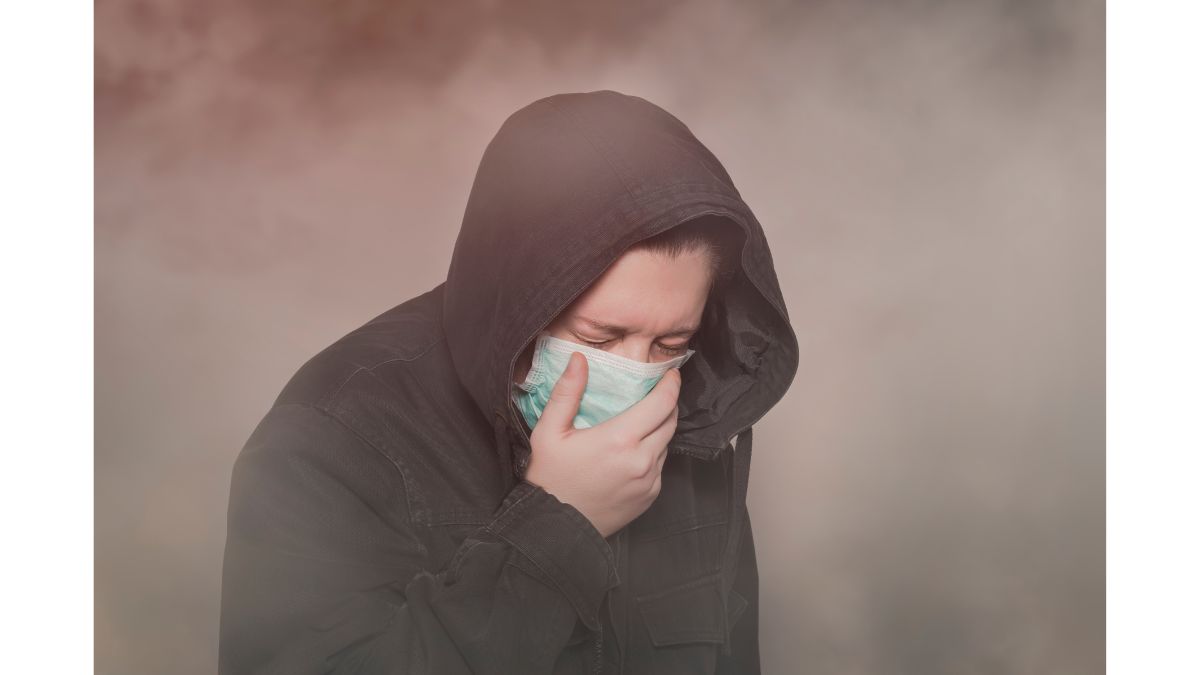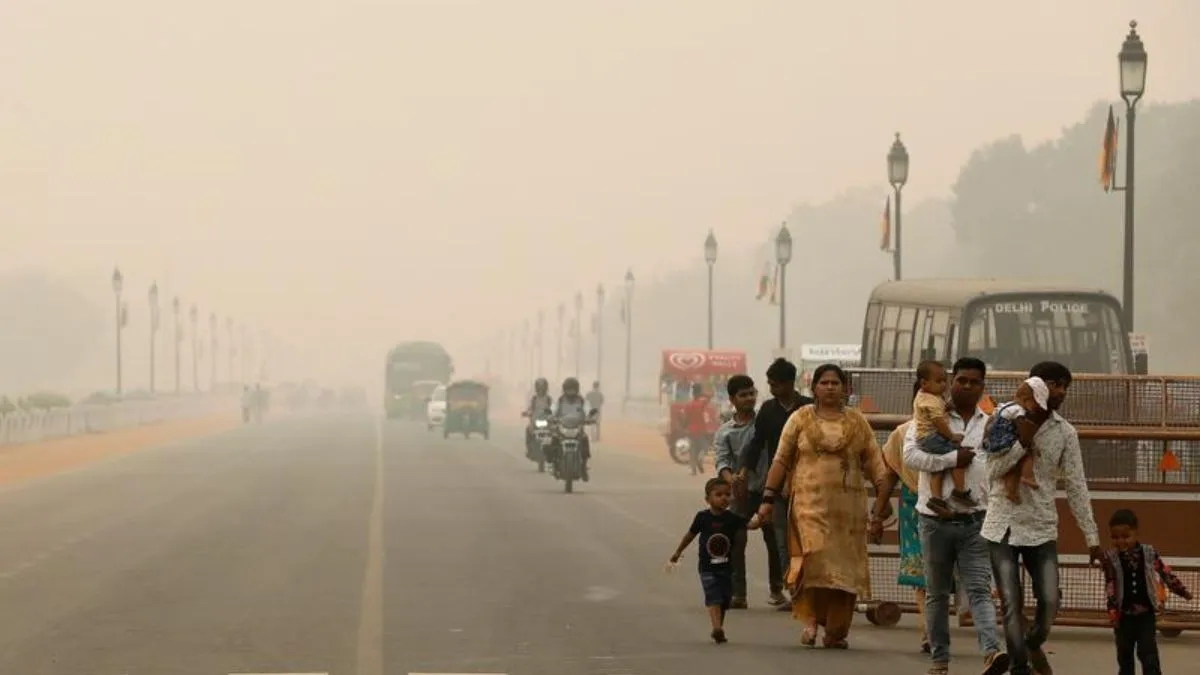- By Prerna Targhotra
- Fri, 25 Oct 2024 01:48 PM (IST)
- Source:JND
Delhi-NCR Air Pollution: In recent years, Delhi NCR frequently experienced AQI levels that fall into the ‘unhealthy’ or ‘very unhealthy’ categories, particularly during the winter months. During this time, the combination of cold temperatures and stagnant air traps pollutants closer to the ground, exacerbating the situation. This deterioration presents significant health hazards, particularly for those who partake in outdoor activities like morning walks. While walking is typically a great form of exercise, it is essential to consider environmental factors such as air quality when deciding where to exercise.
Recognising the potential health risks of exercising in polluted air is vital for making informed decisions about personal well-being. Here are five key reasons to think twice about your morning walks amid worsening air quality, ensuring your health remains a top priority.
Reasons To Avoid Morning Walks In Air Pollution
Higher Exposure to Pollutants
A major issue with walking in areas with poor air quality is the increased inhalation of harmful pollutants. Substances like particulate matter (PM2.5 and PM10), nitrogen dioxide and volatile organic compounds can penetrate deep into the lungs during physical activity.
Negative Effects on Lung Function
For those with existing respiratory issues, such as asthma or chronic obstructive pulmonary disease (COPD), the dangers are even more pronounced. Polluted air can provoke asthma attacks, exacerbate existing lung conditions and even lead to lasting damage.
Risks to Cardiovascular Health

Reasons To Avoid Morning Walks In Air Pollution (Image Credits: Canva)
The consequences of poor air quality extend beyond just the lungs, they also significantly impact heart health. Pollutants that enter the bloodstream can cause inflammation and oxidative stress, potentially leading to arterial damage and elevated blood pressure.
Reduced Benefits of Physical Activity
The stress on the body from inhaling toxins can lead to fatigue, decreased stamina, and an increased likelihood of developing respiratory or cardiovascular problems. Those who attempt morning walks in poor air quality may find themselves feeling more drained and less energised than usual.
Indoor Alternatives for Safety
Activities such as yoga, indoor cycling or using a treadmill can help maintain your fitness while ensuring your safety. Many indoor workouts provide effective cardiovascular and strength-training opportunities without exposing you to harmful pollutants.
ALSO READ: Delhi Air Quality: 4 Healthy Drinks That Combat Harmful Effects Of Air Pollution
(Disclaimer: This article is for informational purposes only. It is not a substitute for professional advice, diagnosis or treatment.)

